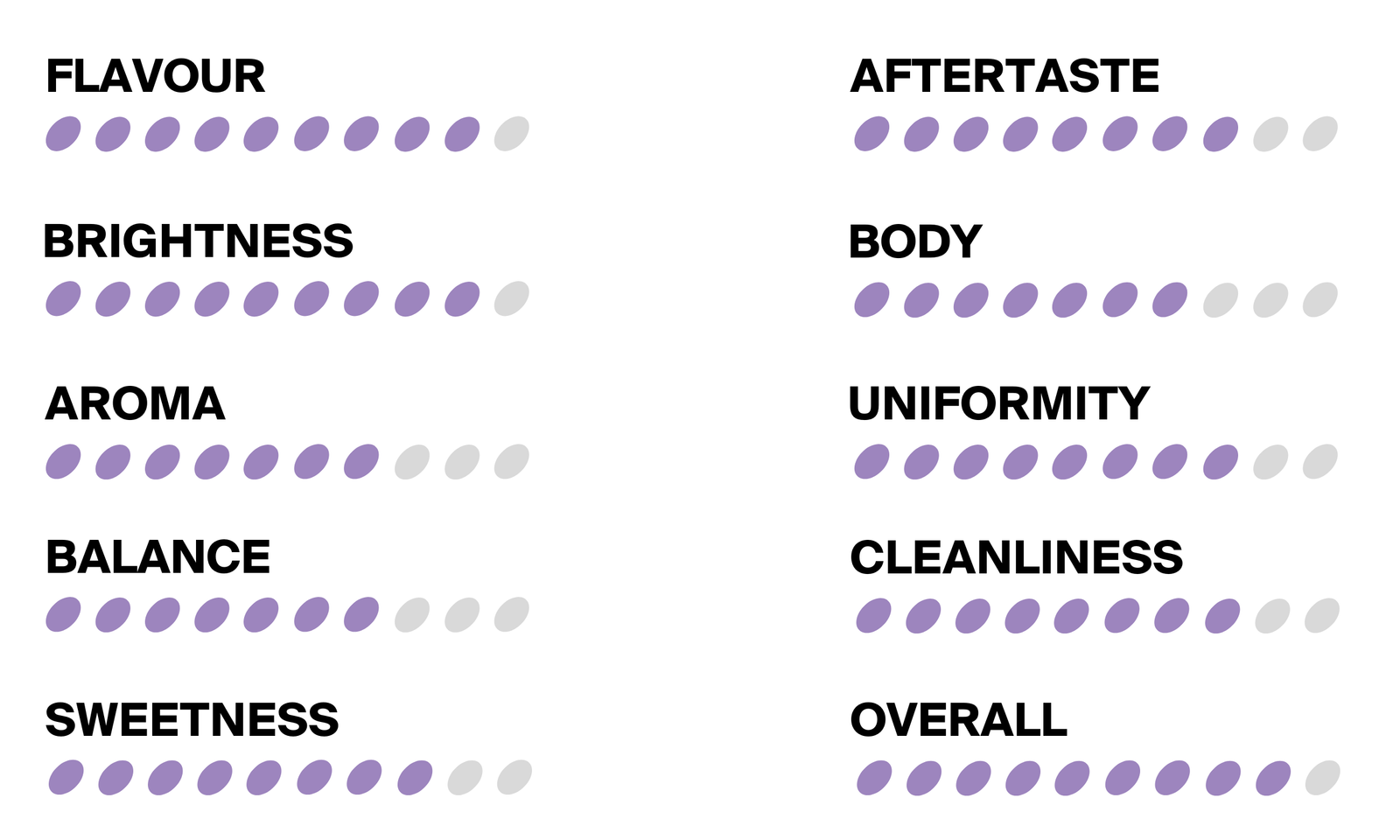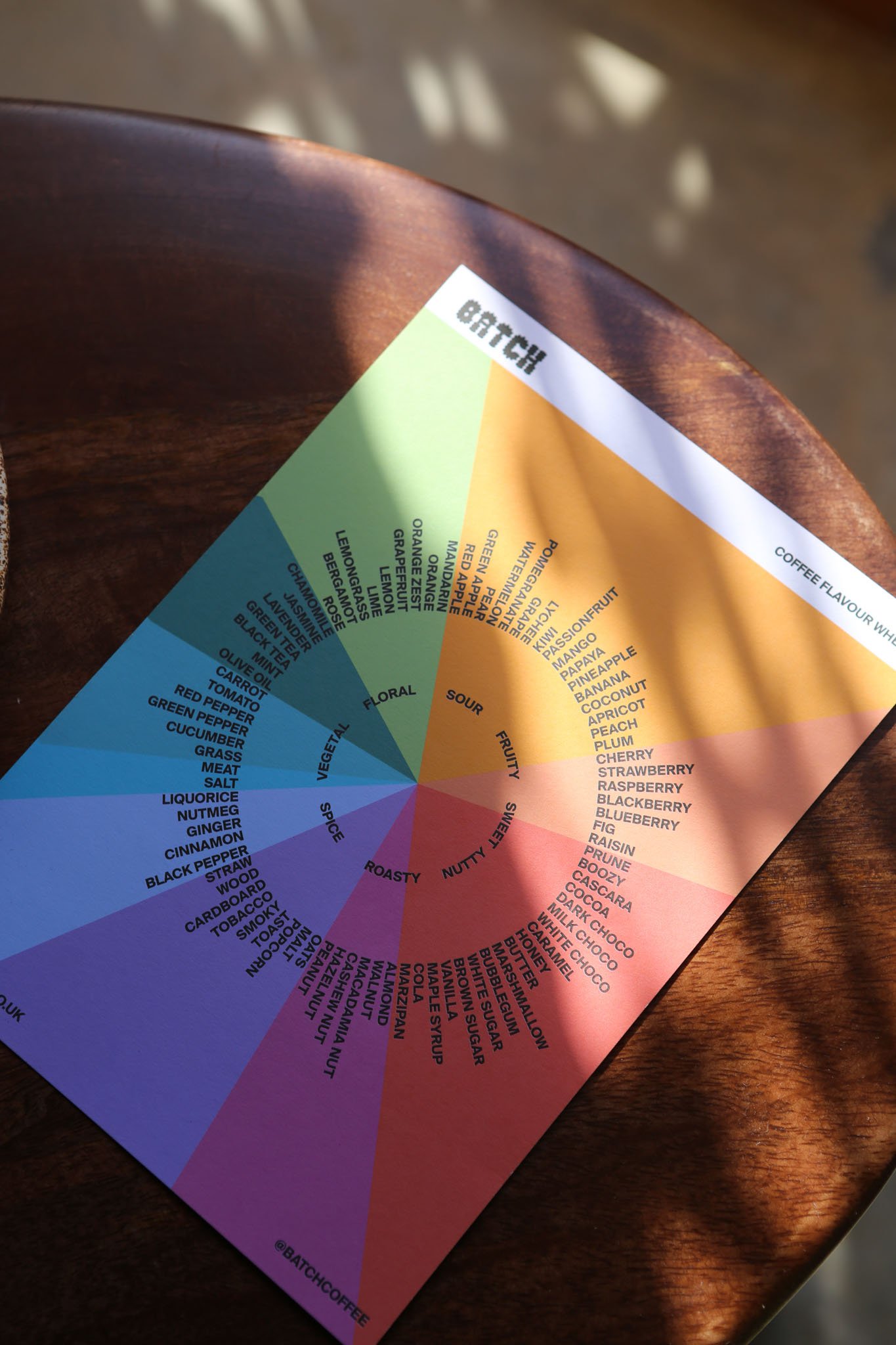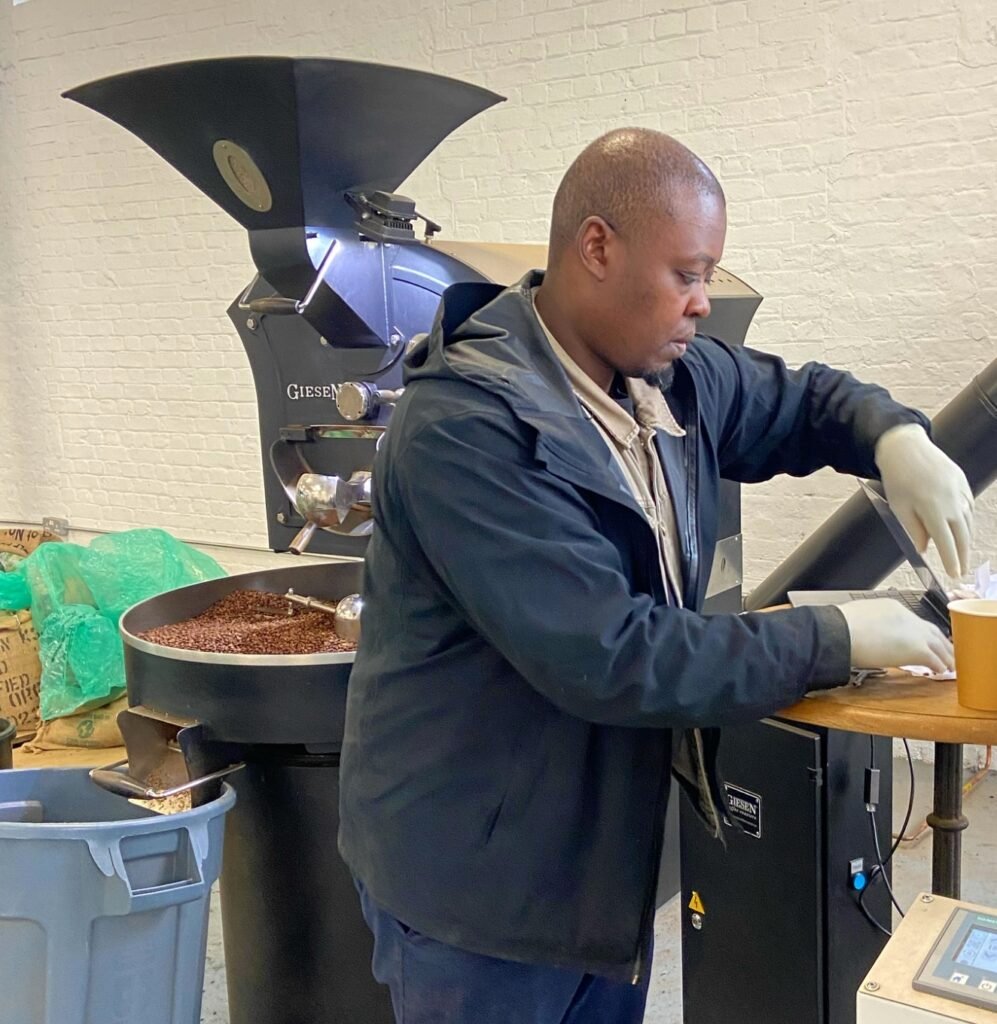
TATE Coffee Roasters
The Roastery at Tate is a diverse and innovative Specialty coffee space. Situated within the historic grounds of Tate Britain.
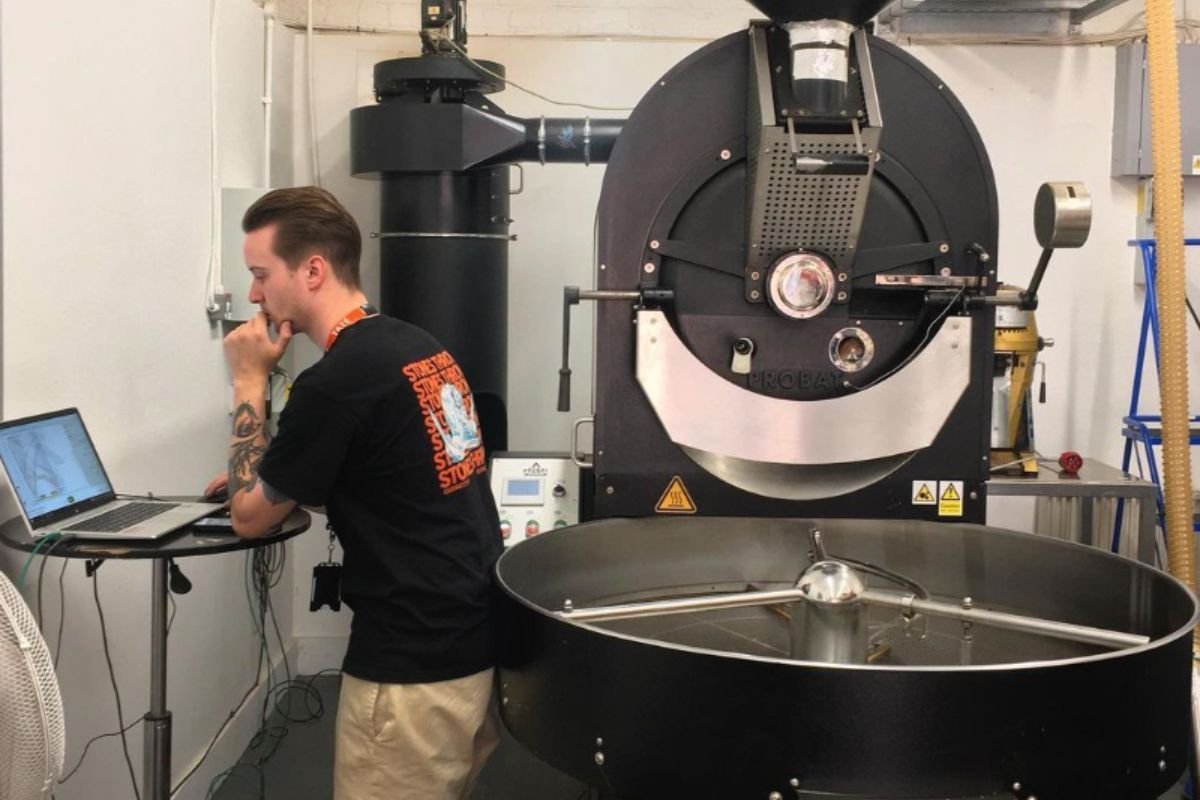
About TATE Coffee Roasters
The Roastery at Tate is a diverse and innovative Specialty coffee space. Situated within the historic grounds of Tate Britain. Home to Tate’s Gender Equality Coffee Project (GEP) and Slot Roasting Collective the WWII Nissen Hut Roastery is a vibrant community-led non-profit business that helps fund Tate Gallery and champion coffee producers and professionals of all genders throughout the coffee value chain. Visit Tate’s Online Shop The small team of specialists focuses on sourcing and roasting the highest quality and sustainable specialty coffees grown by inspirational female and male producers for Tate coffee sites, whilst hosting a diverse range of slot roasters, and developing a bespoke range of contract and white label coffee services for a variety of coffee businesses and professionals. The range of coffees is comprised of individual, community and family producers and is designed to reflect the seasonality, diversity and quality of coffee grown by everyone throughout Latin America. The range of Espresso and Filter coffees are the results of projects, relationships or initiatives that Tate coffee have instigated or supported in producing communities, with the help of their partners.
GOT A MATE THAT WOULD LOVE BATCH COFFEE CLUB?
Add their details below and if they sign up to a subscription your next box is on the house.*
*No limit to friends you can recommend. When your friend subscribes we will credit your account with one free box.
Coffee Origin
The Fluxus coffee from Tate coffee roasters originates from the Kinini region of Rwanda.
85% of the growers that make up Cooperative Coffee Rusiga Sector (KCRS), have their farms above 2000masl. An incredibly diverse crop production happens on these smallholder plots, legumes, beans, sweet potatoes and more can be grown in between the coffee trees.
This allows income to be spread over the year as well as producing food for their own consumption. Typically, you’ll find very small family plots cultivating an average of 6 crops. This coffee is produced by women farmers – there are male members of the families but the women took over ownership and charge of the land.
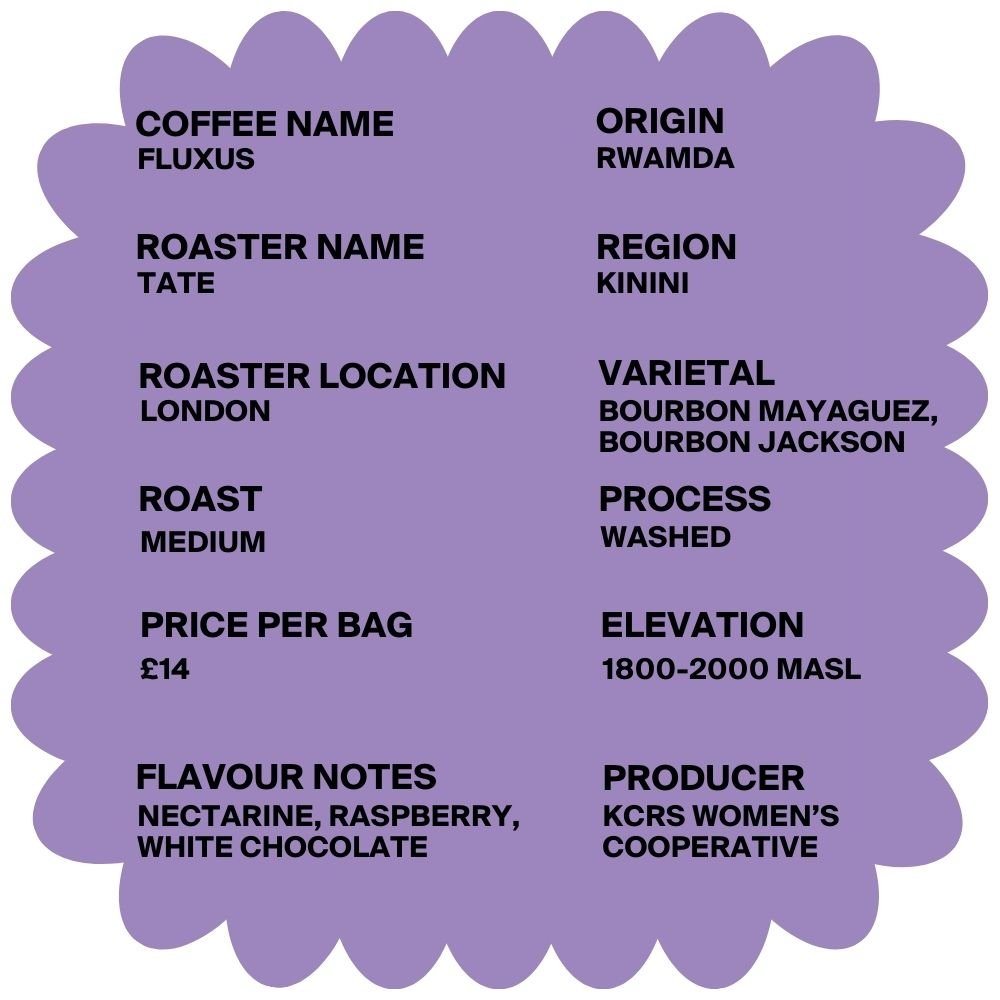

What To Expect
Here’s an idea of what to expect from this delicious Rwandan coffee from Tate Coffee Roasters.
